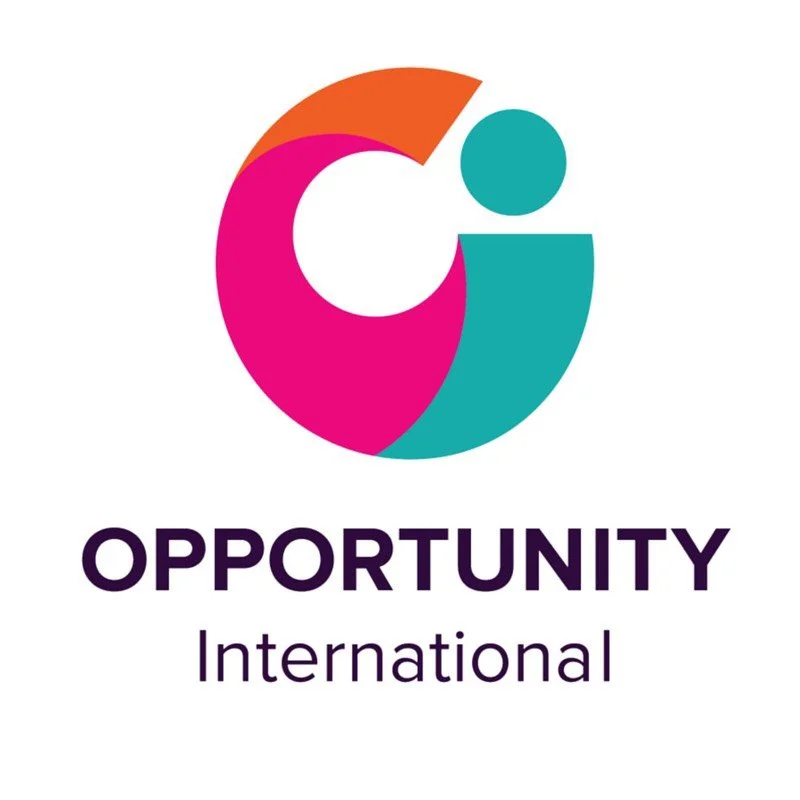Recently in my inbox, I received a fundraising email from Opportunity International. I get many of these appeals, as many of us do. However, this one stayed with me. Not because of the ask, but because of the insight it offered.
"You never really understand a person until you consider things from his/her point of view. Until you climb into his/her skin and walk around in it."
— Harper Lee, To Kill a Mockingbird
Opportunity International is a nonprofit organization working to break the cycle of poverty through microfinance and community investment. Their appeal began with a deep human challenge: “Imagine standing in your home with just a few dollars left in your hand. You must choose between buying food for your children or sending them to school.” This was not a hypothetical situation. It was a real dilemma that I now faced.
Opportunity International created an interactive experience called Impossible Decisions. It invites you step into the shoes of Miriam, mother of three in Northern Ghana. As Miriam, you are asked to make a series of painful choices. Difficult choices in which every option carries a cost. With each decision, you see the consequences, not in abstract terms, but in deep personal, human ones.
The experience does not last long, but it is powerful. You are no longer just an observer of poverty or injustice. For a few minutes, you are the person living it. This brief experience reminded me that for many, the choices agonized over are not between good and bad, but between two bad options. Walking in Mariam’s shoes left me more aware, more humbled, and hopefully, more compassionate.
"When you understand the suffering of another person, that understanding brings compassion and the desire to help."
— Thich Nhat Hanh
If you're looking for a meaningful way to broaden your perspective today, I encourage you to take a few minutes and walk through Impossible Decisions. It will not take long, but I predict it will leave a mark. https://opportunityinternational.ca/impossible-decisions/
You will walk away not just more informed, but more connected. And maybe, like me, with a fuller heart.
-Sister Nancy Wales, CSJ
Image: Saulo Meza/Unsplash






